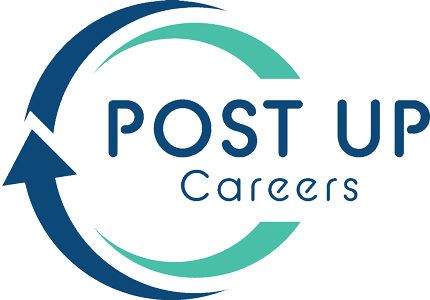Your resume is one of the most important documents you will create. Every aspect of your resume should reflect your abilities. It is why we spend so much time talking about what to include. But, you might be wondering, what shouldn’t be on your resume?
So What Should I Remove From My Resume?
Phrases starting with “I.”
We often see this mistake on resumes, even from seasoned executives. Try changing your statements to words that list skills, actions, and accomplishments. Use words such as “achieved,” “analyzed,” or “reduced.” It’s best practice to save space by removing unnecessary pronouns.
An email address from your current employer.
Even if you’re constantly checking your office inbox, listing your work email shows you may be too committed to your current position and leaves recruiters wondering how to reach you when you’re ready to walk away. The only time this is ok is if you are applying for an internal position, but even then, we encourage our clients to put the personal email on the resume.
Personal information.
Recruiters do their best to avoid bias towards applicants. However, it proves difficult when personal information is put into a resume. Including personal information on your resume works against you. Information such as age, gender, race, or religion are best left off your resume.
Irrelevant experiences.
Every statement should lead a recruiter to conclude that you’re the right person for the job. Not all work experience will reflect that message. Tailor your resume to the job you are applying for by listing only relevant experience. It also frees up space to dive deeper into responsibilities and accomplishments rather than cramming 30 years of experience onto one page.
Reference Information.
There’s no need to add lengthy lists of names and numbers to your resume. Providing a separate list of references and giving these people a heads up when a potential employer might contact them is also a best practice.
Headshots.
Unless applying for a modeling or acting job, there is no need to include a photo. Provide your LinkedIn profile if desired, but otherwise, let recruiters learn what you look like during your interview.
Your home address.
This is optional, but having a home address on your resume affects your chances of landing a job in another city or state. If you’re ready to make a move, it’s best to limit your contact section to a phone number and email.
Whether your resume needs a slight makeover or doesn’t reflect your depth of experience, look no further than our professional resume writers at Post Up. We design custom resumes highlighting your skills and achievements, getting you noticed by recruiters. Contact us to schedule an appointment today.





